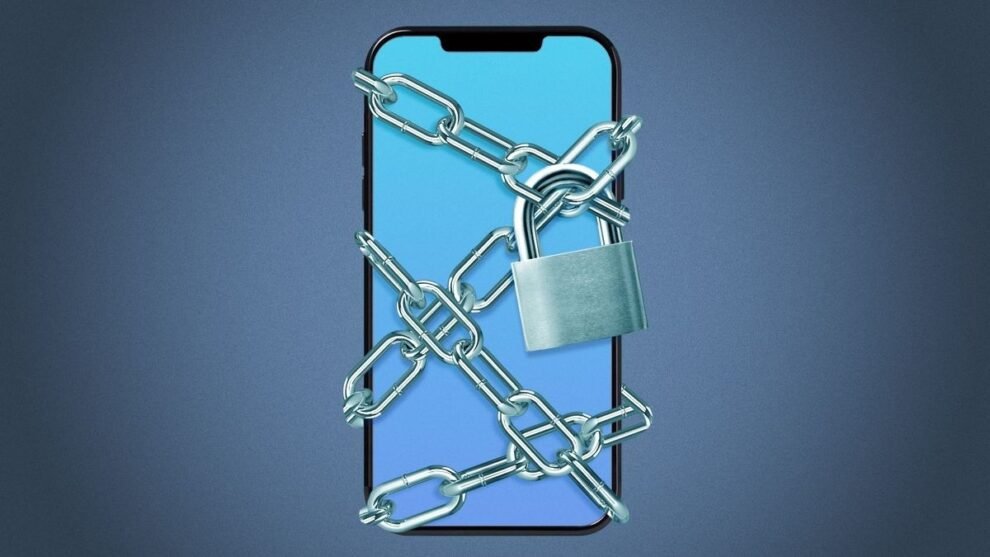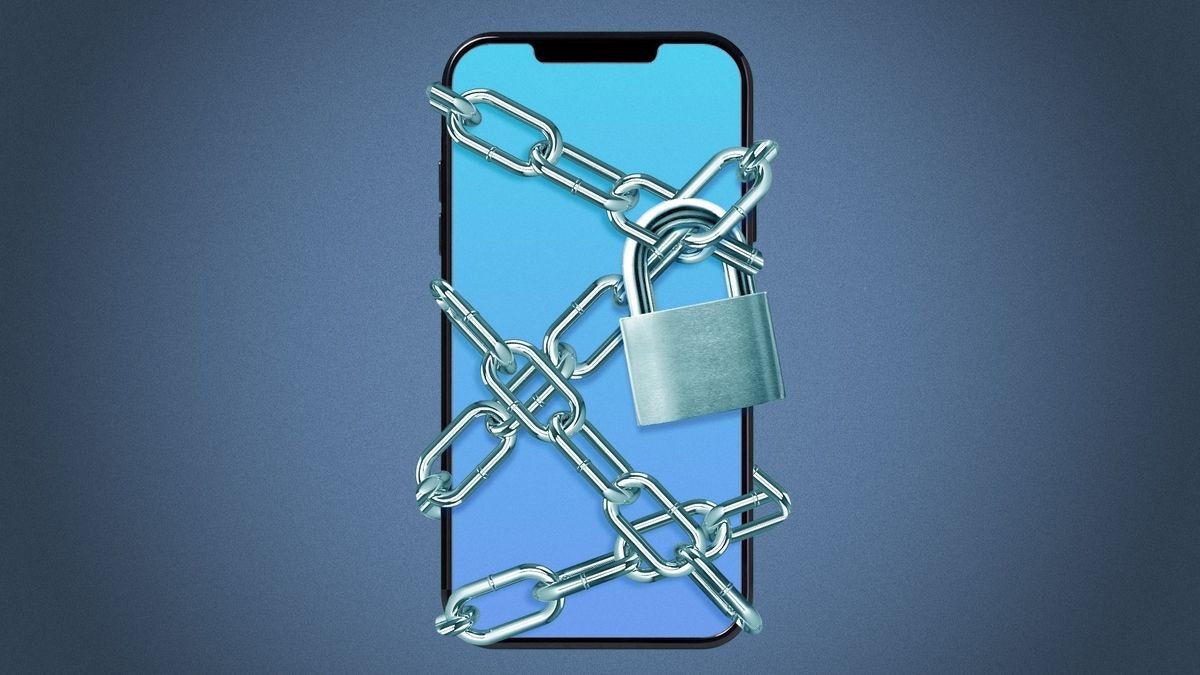In a significant move to bolster the security of its messaging service, Apple has introduced advanced encryption features for iMessage, aimed at protecting user data against the potential future threat posed by quantum computers. This upgrade is part of Apple’s broader initiative to enhance data protection across its ecosystem, including iCloud services, and provides users with cutting-edge tools to secure their most sensitive information.
Key Highlights:
- iMessage Contact Key Verification: Enables users to confirm they are communicating exclusively with their intended contacts, safeguarding against sophisticated cyber threats.
- Security Keys for Apple ID: Offers the option to use physical security keys for two-factor authentication, adding an extra layer of security for users facing significant online threats.
- Advanced Data Protection for iCloud: Expands end-to-end encryption to a wider range of iCloud data categories, ensuring that user data is secure even in the event of a data breach.
Apple’s implementation of these features showcases its commitment to user security, addressing the increasing complexity of digital threats. With the advent of quantum computing, traditional encryption methods may become vulnerable, prompting the need for quantum-resistant cryptographic measures. Apple’s proactive approach in this area not only enhances current security standards but also prepares its services for future technological advancements.
iMessage Encryption and Quantum Resistance:
Apple’s iMessage has always featured end-to-end encryption, ensuring that only the sender and recipient can access the content of messages. The new enhancements, particularly the iMessage Contact Key Verification, add an additional layer of security. This feature alerts users if an advanced adversary attempts to eavesdrop on encrypted communications, providing a crucial safeguard for individuals facing extreme digital threats.
Security Implications:
The introduction of these security features by Apple marks a significant milestone in the fight against cyber threats and the preparation for a post-quantum computing era. Quantum computers, with their potential to break current encryption standards, pose a significant risk to digital security. By advancing its encryption technology, Apple ensures that its users’ data remains protected against even the most advanced future threats.
Advanced Data Protection for iCloud significantly increases the number of iCloud data categories protected by end-to-end encryption, from 14 to 23. This enhancement means sensitive data such as iCloud backups, photos, and notes will be secured against unauthorized access, even in the event of a data breach.
These updates are a response to the growing concern over data breaches and the potential future capabilities of quantum computing. By implementing end-to-end encryption across a wider range of iCloud services and introducing mechanisms like Key Transparency, Apple aims to safeguard user data against both current and future threats. The Key Transparency feature, in particular, is designed to prevent compromises in the key directory service, ensuring that encryption keys cannot be tampered with by unauthorized entities.
Apple’s latest security upgrades for iMessage and iCloud represent a forward-thinking approach to digital security, acknowledging the evolving landscape of cyber threats and the advent of quantum computing. These enhancements not only strengthen the security of Apple’s ecosystem in the present day but also lay the groundwork for safeguarding user data against the quantum threats of the future. With these measures, Apple continues to set the standard for privacy and security in the technology industry, ensuring that its users can trust their most sensitive information is protected with the most advanced encryption technologies available.










